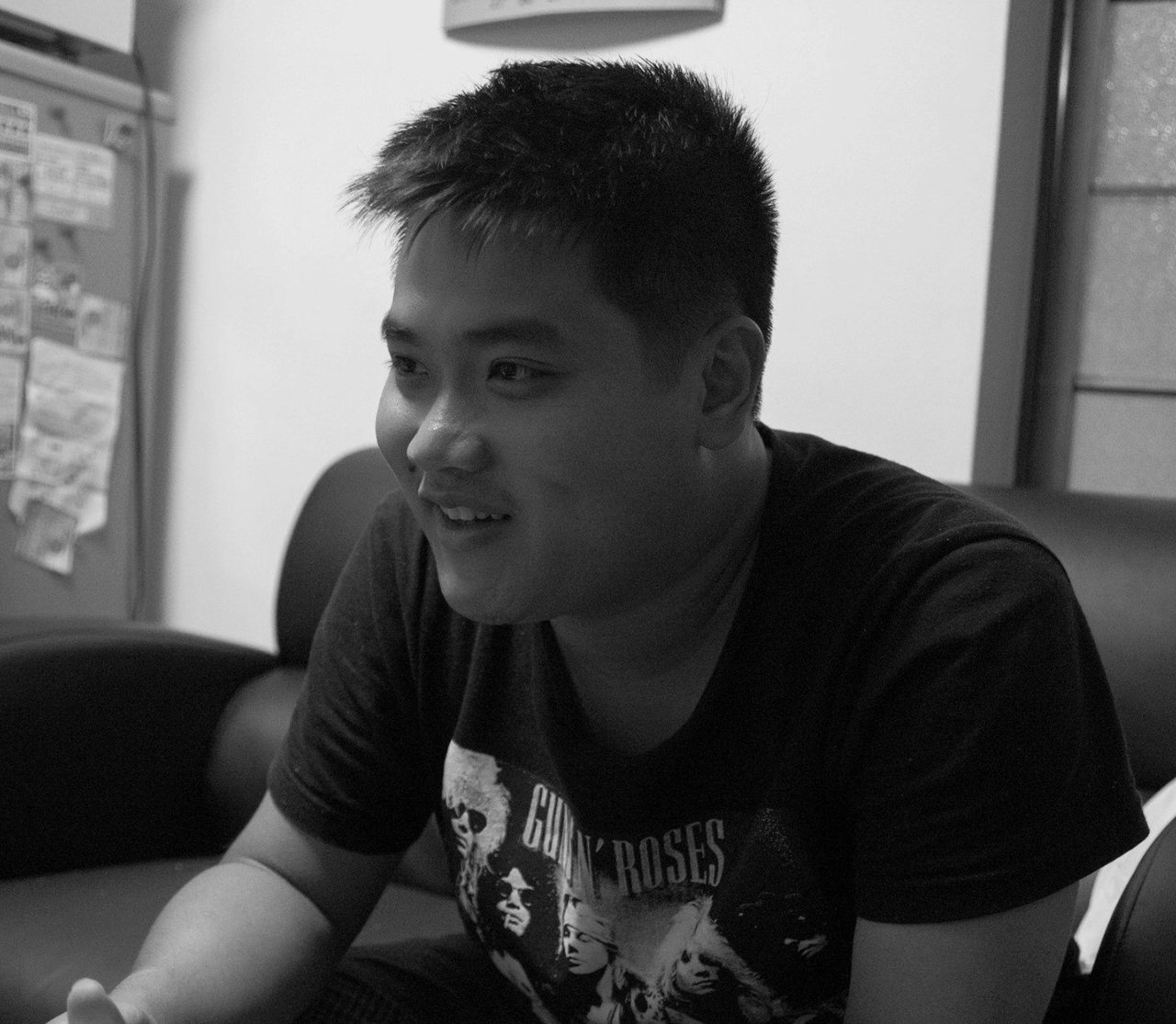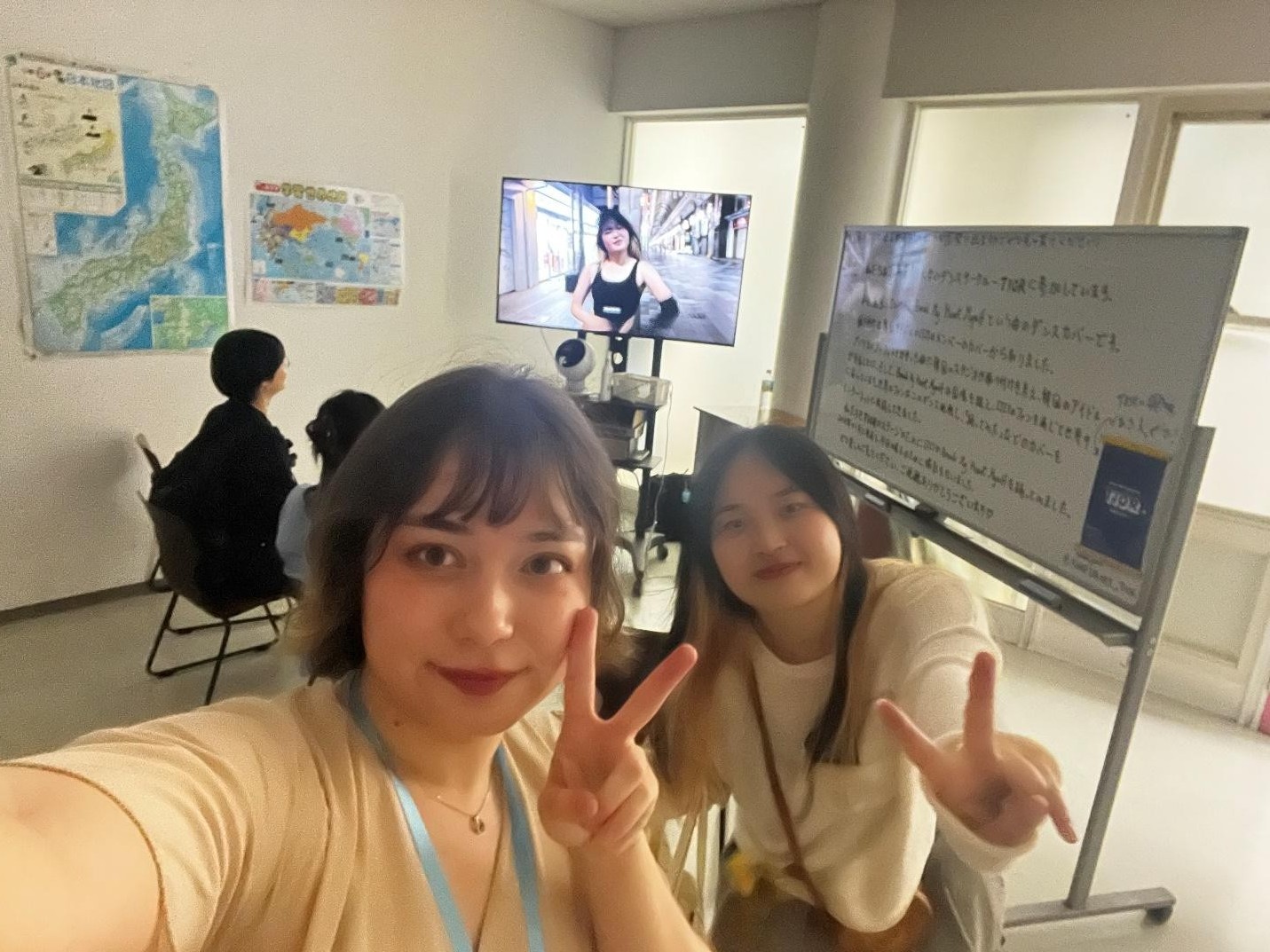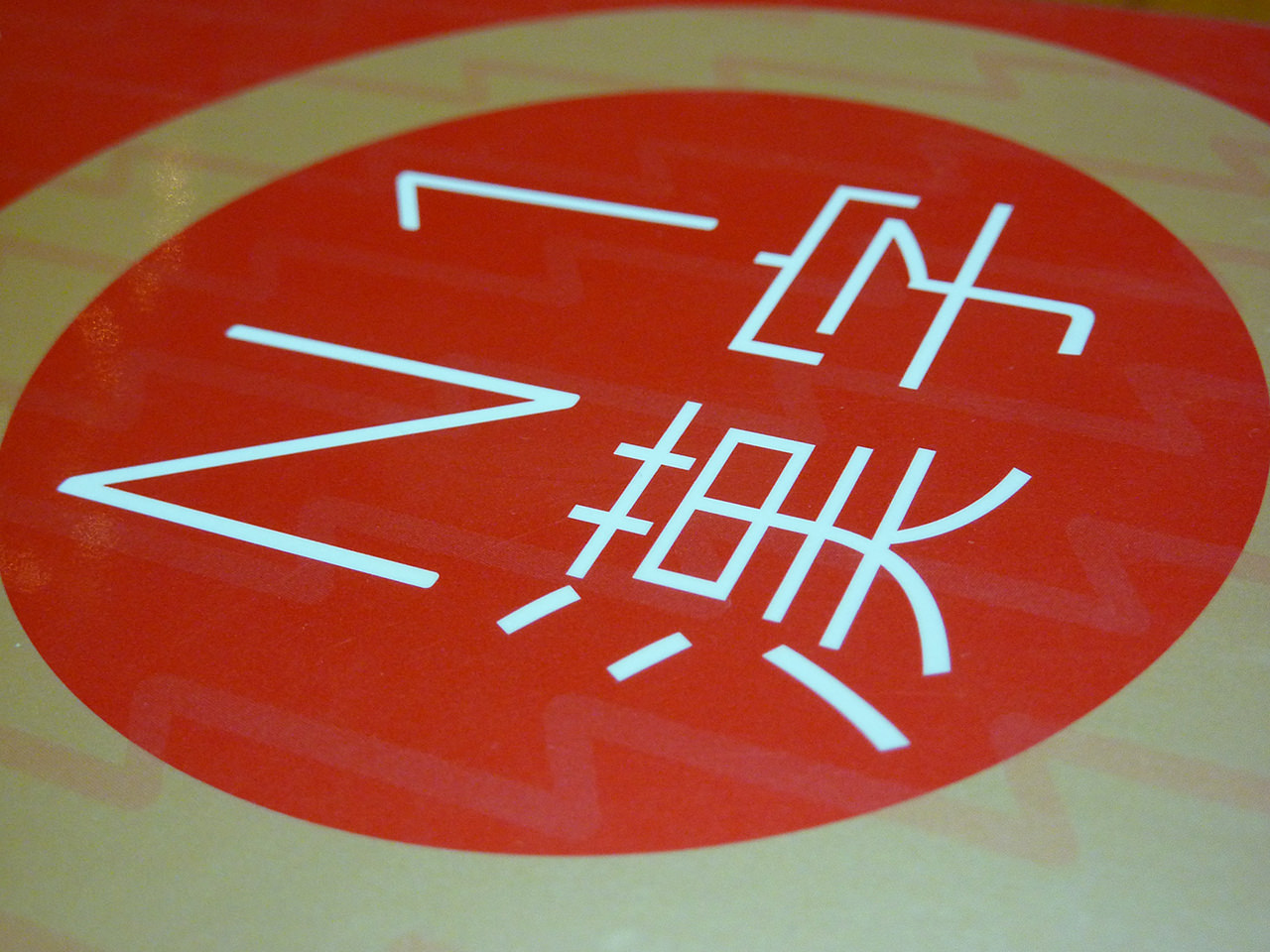How to Study Japanese 3: with Manga & Dramas!
2017.01.23
Japanese can be hard!
 Q: What has been difficult about studying Japanese?
Q: What has been difficult about studying Japanese?
A: Keigo (polite language forms) and kanji. There aren’t any kanji in Thai, and each character has more than one reading, so it’s hard for me to remember them. It’s also confusing that there are multiple phrases for the same thing, depending on whether you’re speaking casually or politely.
Kansai dialect has been hard for me, too!
Once, before I’d really started to get used to it, I tried to say, Nani yutonnen? (Something to the effect of, “What the hell are you on about?”), but everyone around me just kind of gave me a shocked look. I thought it meant the same thing as Nani wo hanshiterundesuka? (The long, or politer form, meaning, “What are you talking about?”), but the nuance was completely different. Oops. (laughs)
I think pronouncing Japanese is relatively easy, though. There are some tricky sounds, like tsu and to, chi and shi. The sounds tsu and chi don’t exist in Thai.
How should I study for the JLPT?
Q: Have you ever taken the JLPT, or other Japanese exams?
A: Yes. I passed N1 right before coming to Japan. Even though I’d passed the highest level of the test, though, I’d never studied abroad before, and I hadn’t had any opportunities to really speak Japanese, so I came to Japan not really able to speak in the language much. I could mostly understand what people were saying, but it took some time before I could speak myself.
When I was studying for the lower levels of the test, I wasn’t actually doing much test studying. Mostly, I would review what I’d learned at the Japanese language school, watch Japanese dramas, and listen to music. For N1, though, I did buy a test textbook.
Q: Did you pass N1 in one go?
A: No, it took me about three to four tries.
I knew I would pass eventually. The test times are the same all over the world*, twice a year: once in July and once in December. If you fail once you have to wait another six months to try again.
*In America, the test is held once a year, in the winter.
After I graduated university in Thailand, I started my career there, and then switched to start working towards my Masters. I worked at a pharmaceutical company monitoring product quality. But when I was studying for N1, I had actually quit my job and my study abroad was already set, so I had enough free time to study properly.
When my dream to study abroad finally came true
Q: Do many people in Thailand study abroad after they start working?
A: Yes, I think so. I have a lot of friends in Thailand who’ve done the same thing.
I had always wanted to study abroad, even before I started working, but I wasn’t able to pass the qualifying exam, so I ended up just searching for a job instead. But in the end, my dream came true!
There are some things about study abroad that I feel are easier after having some work experience.
Unlike working people, students tend to have a lot of free time on their hands, for one. In my research lab, we have “core time,” but we’re free to design our own research schedule. It’s nice to be able to work at your own pace.
Q: Can you tell us a little about what you’re studying now?
A: I’m studying the effects of medicine when it targets parts of the body it’s not intended to target. I’m researching ways to make medicine stay longer in the body, and to better effect, so that it goes to the right places.
I have to write a lot of reports for my research, so that’s the best Japanese practice I’m getting at the moment. Sometimes I have to give presentations as well, and it’s really hard to figure out what I’m going to say. It takes such a long time to prepare, because we usually present for about twenty or thirty minutes.
Q: Do you have any personal rules about studying Japanese, like not speaking your native language while you’re in Japan?
A: I didn’t make any particular rule not to speak Thai, but I have tried to be careful to keep my Thai and Japanese from getting mixed up with one another. When I’m speaking Thai, I will speak in Thai only, and when I’m speaking Japanese, I’ll speak only in Japanese.
I had opportunities to speak Thai if I wanted to, too, because there’s a Thai friend of mine here who’s studied with me from Master’s into our PhD programs. We didn’t know each other before Japan, but we were both here on MEXT scholarships, we we’ve studied together the whole way. I think we’ll even graduate from the same medical department at the same time.
Independence through study abroad
 Q: Do you feel like you’ve grown very much through study abroad?
Q: Do you feel like you’ve grown very much through study abroad?
A: Study abroad has been my first experience living alone, doing housework, cooking for myself, and budgeting for myself. I often cook Thai food at home. I buy spices at shops like Kaldi Coffee Farm (a dry goods store selling mostly imported brands). Thai food is pretty popular in Japan, so I don’t have too much trouble finding ingredients.
Since I have to do everything by myself, I think that’s definitely helped me to grow.
One thing I can only do because I’ve come to Japan is get together with other Thai students and ex-pats. It’s easy for everyone to feel close to one another because we’re all living away from our home country, and we have similar experiences. There are people of different ages, but there are a lot of people in their thirties who’ve come to study abroad after leaving their jobs. The people older than me are really encouraging, too. I wouldn’t have met these people back home.
Q: Please give us some advice for Japanese learners!
A: First of all, don’t give up. It’s so important to keep trying, to keep studying. Use things you love—it’ll keep you motivated and help you remember things better, too.
If you like anime, use anime; if you like music, use music. It doesn’t matter what it is, but if it’s something you like, the desire to understand the Japanese will help you to learn.











